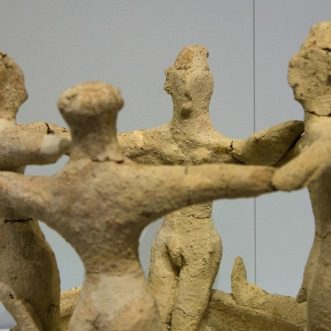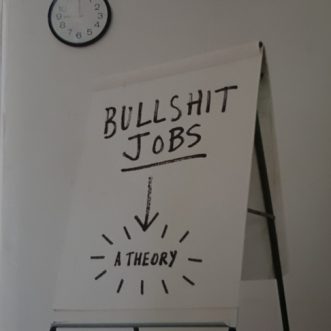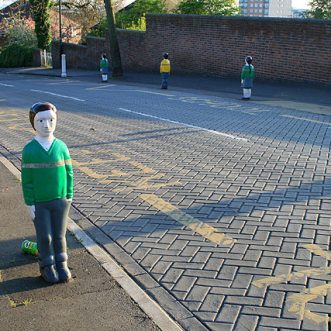
Friends
Our modern world is built on treating people like strangers. That means we can concentrate on things, on the transactions through which we acquire things, ignoring the human being(s) behind them.
That makes life very convenient, but it also makes it unsatisfying.
It also makes it dangerous. It’s easier to attack a stranger than a friend. And when you’re used to ‘unseeing’ people, even those you’ve lived among for decades can easily become strangers.
How lovely then to be working with clients who want to build a global enterprise based on mutual benefit and trust. On people, not on things. Between friends, not strangers.
How lucky I am to be their friend too.








